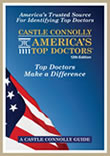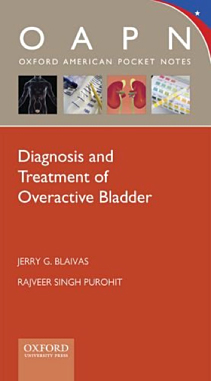Varicocele
What is a varicocele?
Varicoceles are dilated veins around the testicle in the scrotum, these veins are the blood vessels that drain the testicle and send blood back to the rest of the body. They are similar to large veins seen in the legs of older patients except that they are located around the testicle.
How Do I know if I have a varicocele?
Typically these dilated veins are seen as tubular bulges in the scrotum that get worse when you stand or strain. Sometimes you may not be able to see them but your doctor can feel them on exam and occasionally they are diagnosed only by ultrasound and cannot be felt or seen.
Why do Varicoceles occur?
No one knows for 100% sure what causes it, but it is due to faulty valves in the veins that are supposed to prevent backflow of blood.
Are varicoceles linked to cancer?
Absolutely not!
Do varicoceles affect both testicles or just one?
Typically, varicoceles occur on the left side because of small but important difference in the anatomy. A right sided varicocele is unusual enough so that we recommend further evaluation to determine its cause. Sometimes varicoceles occur on both sides.
Should varicoceles always be treated?
Generally treatment is elective.
What kind of problems can varicoceles cause?
In adolescent boys, it may stunt the growth of the testicle. In men, the varicocele may cause pain, infertility, and may impair the production of testosterone. Sometimes they can be large and unsightly.
What are the treatments for varicocele?
There are medical and surgical treatments, but only surgery can cure varicoceles.
Are there non-surgical treatments for a varicocele?
There are but none of them will cure the varicocele. Some nonsurgical options include taking anti-inflammation and/or pain medications, and keeping your scrotum elevated.
What are surgical treatments for varicoceles?
There are basically 2 options: open surgery or by plugging the veins usually using small coils (embolization). For open surgery a small incision is made above the groin and the veins that drain the testicle are tied off under a microscope. Patients are usually sent home the same day after surgery. Embolization is usually performed by interventional radiology and patients are also sent home after surgery. Open surgery has a higher success rate with a lower risk of recurrence.
What are the complications of surgery?
Most complications if they occur are minor. Complications include bleeding, a recurrence of the varicocele, infection, and fluid collection around the testicle (hydrocele).
Ok, I’ve decided to get it fixed, where should I have my varicocele fixed?
The best results are with experienced surgeons such as Dr. Blaivas.












